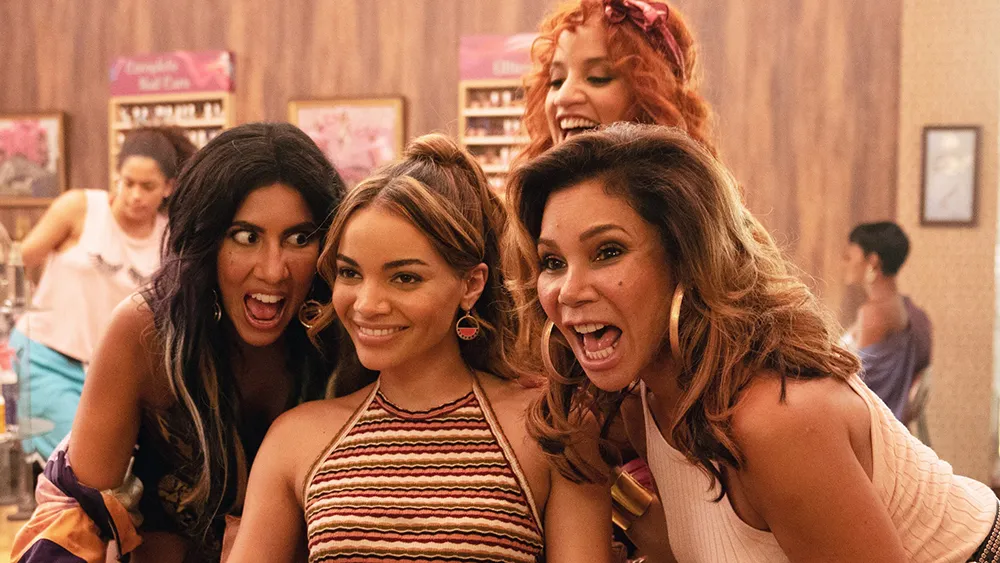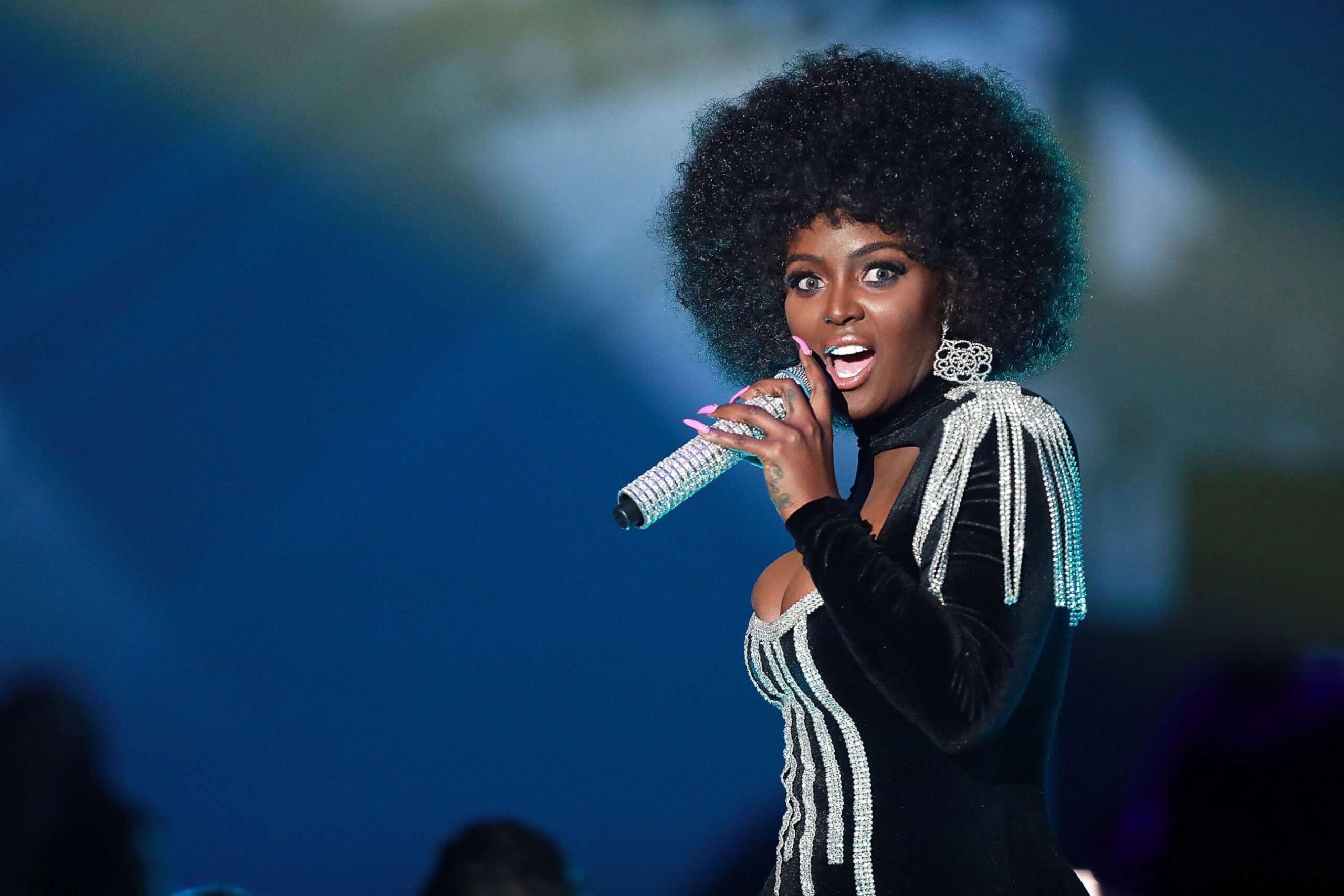Celebrating Afro-Latina Women: Shaping Culture and Breaking Barriers
Afro-Latina describes women who are Latin American-born but of African origin. Latina women, who are frequently neglected and underrepresented, are important cultural influencers, trailblazers, and agents of change. We explore the diverse fabric of Afro identity in this blog, honoring the accomplishments and tenacity of these inspiring women.
Historical Background
The history of Afro people is intricately linked to the effects of colonization, enslavement, and resistance. Latina women have overcome numerous obstacles throughout history, ranging from the African diaspora to the fight for civil rights.

They have endured systematic prejudice and oppression, yet they have made a lasting impression on the cultural environment.
Representation in Media and Entertainment
she representation in media and entertainment has gained increasing attention in recent years. Latina celebrities, ranging from musicians like Amara La Negra and Cardi B to actors like Gina Torres and Zoe Saldana, are creating waves and changing the way stories are told in television, movies, and other media. Their presence serves as an inspiration for upcoming generations as well as a reflection of the richness of Latinx culture.
Cultural Contributions
The rich and varied Latina culture includes a wide range of customs, languages, and traditions.

she have made major contributions to the music, art, and culinary traditions of Latin America and the Caribbean, ranging from Afro-Cuban dance to Afro-Brazilian food. Their inventiveness and originality keep enhancing and bringing vitality to cultural expressions all around the world.
Challenges and Triumphs
She continue to confront particular difficulties despite their accomplishments, such as racism, colorism, and sexism. Latina women constantly negotiate intertwining kinds of oppression, from the erasure of their identities to the fetishization of their bodies. However, they have been able to overcome hardship and succeed in a variety of sectors thanks to their tenacity and willpower.
Related Article-: Mia Khalifa: Unveiling the Journey of a Controversial Figure, latest update 2024!
Role models and inspirations
Strong role models and sources of inspiration for others are Latina women.

From modern trailblazers like Alexandria Ocasio-Cortez and Dascha Polanco to civil rights pioneers like Sojourner Truth and Celia Cruz, Afro-Latina figures have left an enduring mark on history by defying expectations and paving the way for future generations.
Breaking Stereotypes
One of the biggest obstacles that her encounter is the persistence of negative stereotypes and false beliefs. Afro-Latina women frequently struggle against damaging narratives that restrict their agency and autonomy, ranging from the hyper sexualization of their bodies to the representation of Latinas as exotic or subservient. She is dispelling myths and changing attitudes by taking back control of their narratives and claiming their identities.
Intersectionality
Because Afro identity encompasses several aspects of race, ethnicity, and gender, it is by nature intersectional. Because of this, Latina women encounter certain kinds of marginalization and prejudice that converge with other facets of their identities. In order to create spaces that are inclusive and fair for Afro-Latinos, it is imperative that these intersecting oppressions be acknowledged and addressed.
Community and solidarity
Creating a sense of belonging and unity is essential to uplifting Latina women and giving them a voice.

Afro-Latina women can build networks of resistance and resilience that support, encourage, and uplift one another by banding together to exchange experiences, knowledge, and encouragement. They can fight toward a more just and equitable society for all through lobbying and group action.
Celebrating Diversity
The women who represent she identity are as varied and complex as the identity itself. She, from Afro-Puerto Rican to Afro-Dominican, reflect a range of backgrounds and experiences that challenge categorical assumptions.

Promoting inclusiveness and acceptance within Latinx communities and abroad requires embracing this variety.
Future Outlook
In the future, Afro-Latina women have a tremendous deal of potential for increased representation and empowerment. We can make discussions on race, ethnicity, and gender more inclusive and equitable for everyone if we give voice and importance to their experiences. In addition to influencing modern culture, She is clearing the path for a more equitable and inclusive future.
Related Article-: Vontae Davis Net Worth
Conclusion
In Conclusion, Afro-Latina women play a crucial role in the cultural landscape of the Caribbean and Latin America. Afro-Latina women are at the vanguard of social change and advancement, defying prejudices and celebrating diversity. We can make society more inclusive and equitable for everybody if we recognize their contributions and give them more voice.
FAQs
- What does it mean to be Afro-Latina?
- Being Afro-Latina means identifying as a woman of African descent with roots in Latin America or the Caribbean.
- Who are some famous Afro-Latina women?
- Some famous Afro-Latina women include Zoe Saldana, Cardi B, and Amara La Negra, among others.
- What challenges do Afro-Latina women face?
- Afro-Latina women face challenges such as racism and colorism.














Post Comment